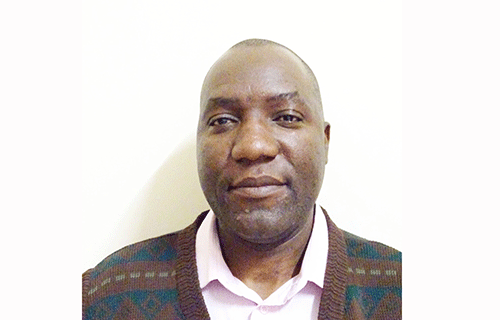Linus Milinga Simataa
In the global fight against poverty, Namibia stands as a unique case study, having implemented a Basic Income Grant (BIG) pilot programme in 2008.
This pioneering initiative aims to alleviate poverty by providing a guaranteed income to eligible citizens, regardless of their employment status.
Over the years, the programme has sparked debates, garnered international attention, and prompted rigorous analysis of its impact on poverty levels in Namibia.
The concept of a basic income, where individuals receive unconditional cash transfers from the government, has gained traction worldwide as a potential solution to poverty. Namibia’s experiment with the BIG sought to address the country’s high levels of income inequality and widespread poverty, with a particular focus on rural communities.
One of the key objectives of the BIG pilot programme was to assess its impact on poverty reduction. Initial findings suggested promising outcomes, with beneficiaries reporting improvements in food security, access to healthcare, and children’s education. However, critics raised concerns about the sustainability and long-term effects of the programme, particularly its potential to disincentivise work and create dependency on State handouts.
Proponents of the BIG argue that it provides a safety net for the most vulnerable members of society, enabling them to meet their basic needs and invest in their future. By lifting people out of extreme poverty, the programme aims to stimulate economic activity, improve social cohesion and foster greater equality.
Despite the initial success of the pilot programme, scaling up the BIG to cover the entire population poses significant challenges.
Namibia, like many developing countries, grapples with limited fiscal resources, bureaucratic inefficiencies and political opposition to welfare programmes. Moreover, there are concerns about targeting, administration and ensuring that funds reach those who need them most.
In recent years, the debate over the BIG in Namibia has intensified, fuelled by growing inequality, economic stagnation and the impacts of the Covid-19 pandemic. Advocates argue that now, more than ever is the time to expand social protection measures to mitigate the socio-economic fallout from the crisis.
They point to the success of similar programmes in other countries, such as Brazil’s Bolsa Família and Alaska’s Permanent Fund Dividend, as evidence of the potential benefits of a universal basic income.
However, sceptics caution against viewing the BIG as a panacea for poverty, warning of unintended consequences, and the need for complementary policies to address structural inequalities.
They emphasise the importance of job creation, skills development and investment in education and healthcare as essential components of a comprehensive poverty reduction strategy.
As Namibia grapples with these complex challenges, the debate over the Basic Income Grant continues to evolve. While opinions may differ on the best approach to tackling poverty, there is a growing consensus that bold, innovative solutions are needed to build a more inclusive and equitable society.
Whether the BIG remains a central pillar of Namibia’s social welfare system or undergoes modifications in response to changing circumstances, its impact on poverty levels will undoubtedly shape the country’s development trajectory for years to come.
*Linus Milinga Simataa has a Higher Education Diploma (Secondary) from the University of Namibia, as well as a Baccalaureus Artium (Honours) Degree and a Master of Arts Degree, both earned from the University of the Western Cape.
Email: lmsimataa@gmail.com


